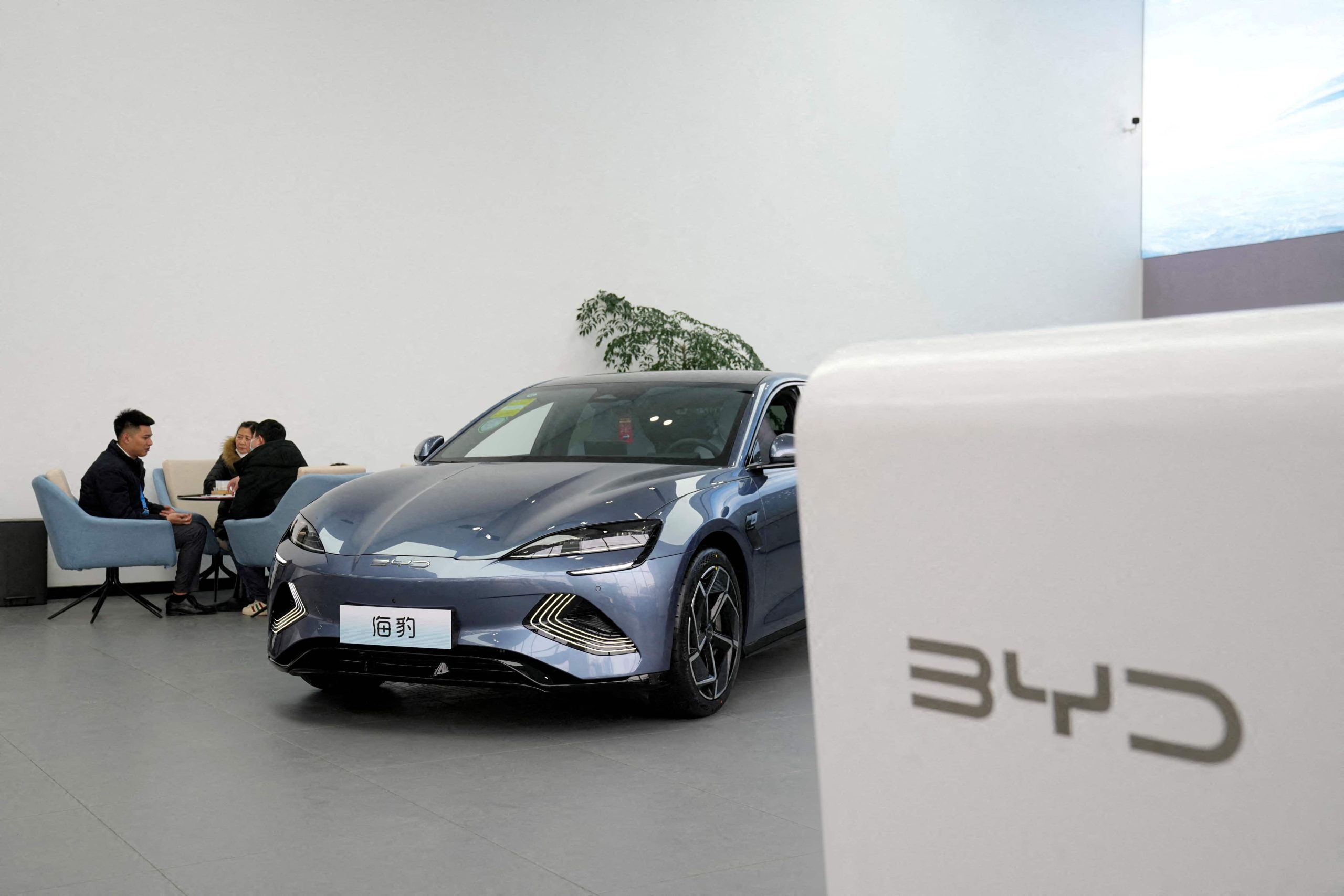China’s Growing Influence in the Car Carrier Industry
Chinese electric vehicle (EV) manufacturers and shipping companies are experiencing a significant surge in demand for car-carrying vessels, driven by the country’s booming EV exports. This surge is propelling China towards becoming the world’s fourth-largest fleet of car carriers by 2028, as indicated by data from shipping consultancy Veson Nautical.
Fleet Expansion and Industry Impact
Currently ranking eighth globally in fleet size with 33 car-carrying ships, China has 47 ships on order, representing a quarter of global orders. This expansion is poised to reshape the industry landscape, with major automakers such as SAIC Motor, Chery Automobile, and EV giant BYD, as well as shippers like COSCO and China Merchants, driving the demand.
Market Predictions and Growth Opportunities
Analysts anticipate a substantial increase in China’s controlled car carrier fleet, projecting a rise from 2.4% to 8.7% upon the delivery of the ordered vessels. The establishment of new trade routes catering to Chinese automakers is foreseen, with Chinese shipyards securing 82% of global orders to capitalize on the growing export market for EVs.
China’s Role in Global Automotive Exports
China’s ascension as a key player in the global automotive export market is underscored by its recent surpassing of Japan as the world’s largest auto exporter. Manufacturers like BYD have significantly contributed to this achievement, with plans to further boost exports. Foreign automakers such as Tesla and Volkswagen have also ramped up production in China to leverage its cost-effective supply chain for exports.
Challenges and Controversies
While the demand for car carriers thrives, concerns have emerged regarding the consequences of China’s export growth. Criticisms from the US and the European Union about market flooding with competitively priced products and unfair trade practices have surfaced. Rising shipping costs and accusations of addressing excess industrial capacity through exports have added complexity to the situation.
Despite these challenges, Chinese officials have refuted claims of overcapacity and state-driven growth. Discussions on trade practices and market dynamics may intensify, with key figures like US Treasury Secretary Janet Yellen and China’s Minister of Commerce Wang Wentao engaging in talks to address the pertinent issues.
















































